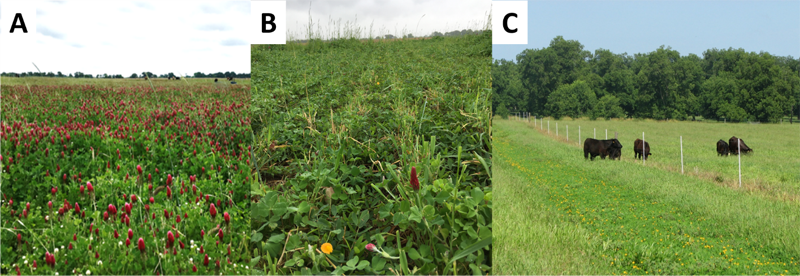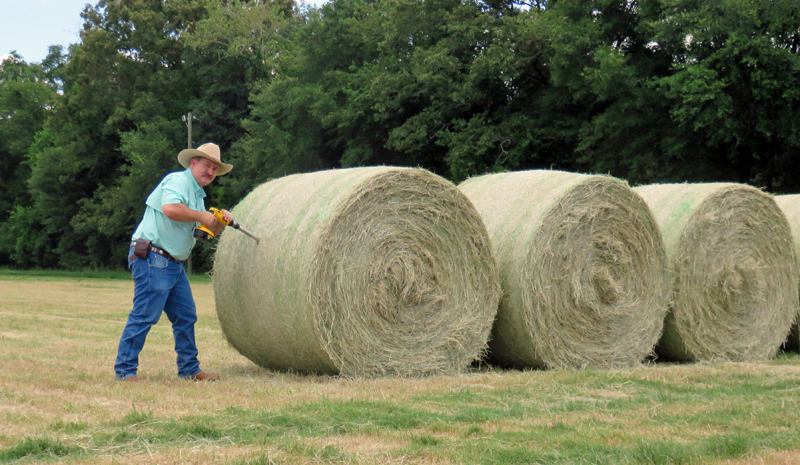
by Doug Mayo | Sep 28, 2018
The summer of 2018 has been very challenging for hay production. The combination of frequent rainfall, and heavy downpours have prevented timely harvest, and also diminished the quality of the hay produced. The days are getting shorter, grass growth has slowed, so...
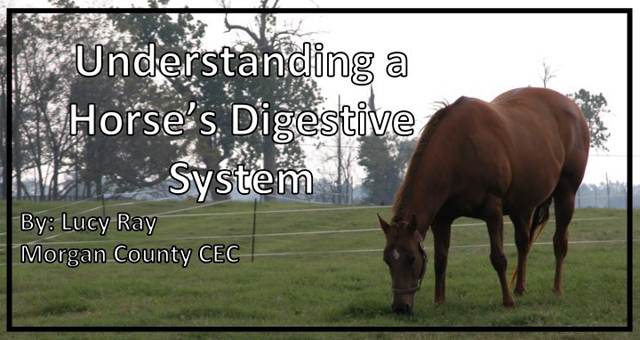
by Doug Mayo | Sep 21, 2018
Lucy Ray, Morgan County UGA Extension The horse has one of the most complex, and arguably, the most frustrating, digestive systems of any grazing livestock species that owners/producers deal with. When one thinks of feeding horses, frightening scenarios like colic and...
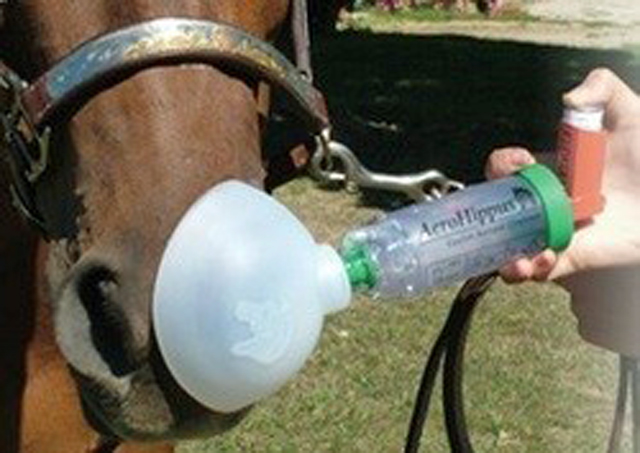
by Saundra TenBroeck | Aug 17, 2018
Heaves is a non-infectious respiratory disease of horses that is similar to Chronic Obstructive Pulmonary Disease (COPD) in humans. It is considered progressive, and degenerative. That means it will never go away completely and each bout will get progressively worse....
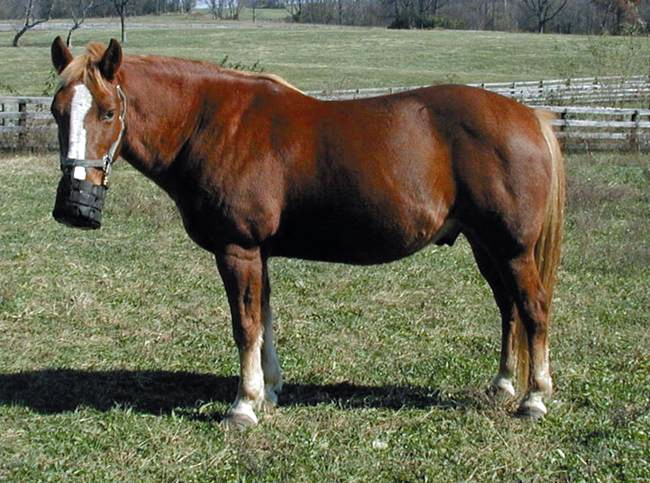
by Marcelo Wallau | Aug 10, 2018
Marcelo Wallau, Lori Warren, Carissa Wickens, Jose Dubeux and Doug Mayo, UF/IFAS Extension As extension specialists, we are often asked about nonstructural carbohydrates (NSC) in forages and the potential risks grazing poses to insulin-resistant horses. Numerous blog...
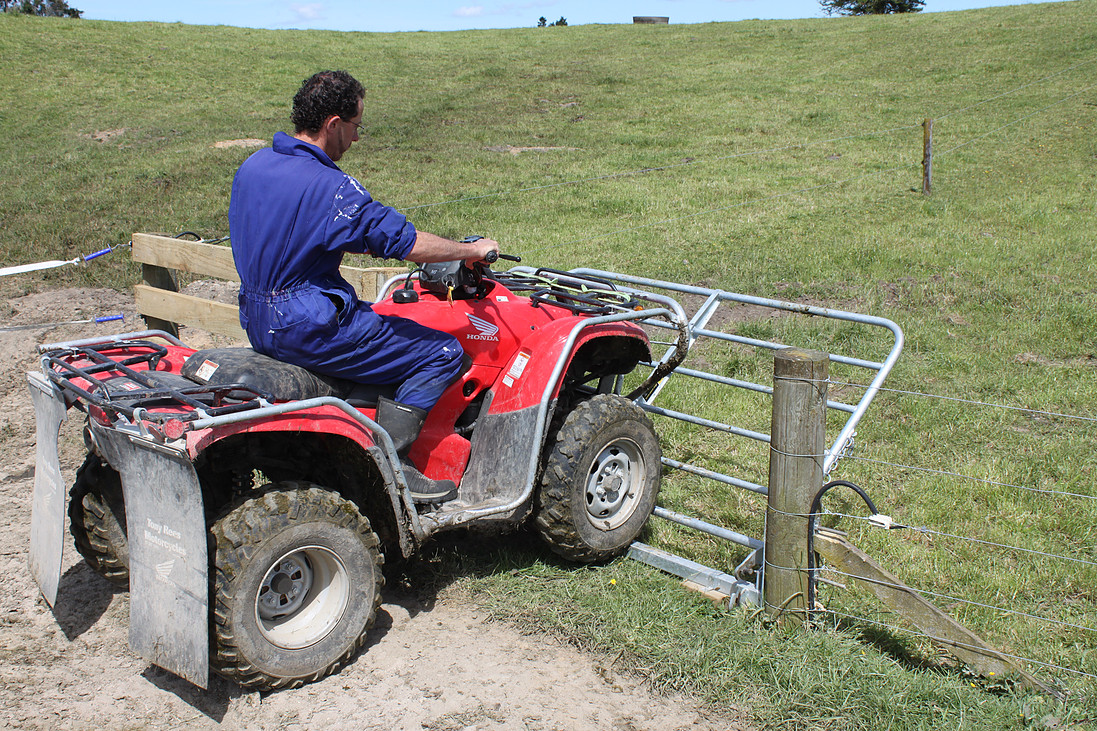
by Doug Mayo | Aug 3, 2018
Every livestock producer has daydreamed about automatic gates to make travel around ranches faster and easier. But, it is too expensive to provide power and hydraulic cylinders for each pasture gate. This week’s featured video was produced by the Wrangler...
